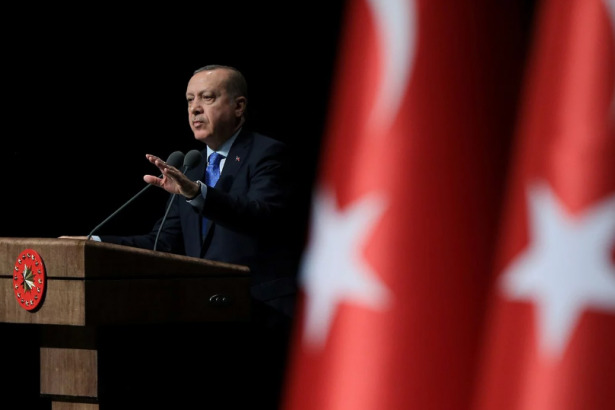Erdoğan to appoint top bureaucrats based on CVs submitted to presidency - Report

Turkish citizens who want to work for the government will appeal to a presidential office of human resources with their CVs after Turkey witnessed a transition from the parliamentary model to the presidential government system under Recep Tayyip Erdoğan following the June 24 elections, Deutsche Welle Turkish reported.
As Erdoğan will designate the bureaucracy with a stronger grip on the executive power, the Turkish citizens who want to be employed in bureaucratic offices will send their CVs to a department of human resources in Erdoğan’s presidential palace. Erdoğan and his deputies will assign some of the civil servants with five-year service contracts, the DW reported, citing sources.
According to the DW report, Turkey’s new system projects to employ people from the private sector as well. Erdoğan will also be able to appoint people from business chambers, exporter associations or various capitalist organizations. Public personnel examinations will continue to be valid for some public sector posts and positions.
In April 2017, a new draft constitution that significantly increases the powers of the president has been approved in a fraudulent referendum. An international observer with the Council of Europe has said that as many as 2.5 million votes may have been manipulated in a vote that passed by a margin of 1.3 million "Yes" ballots.
The changes are due to take full effect following the 'victory' of Erdoğan and his AKP in June 24 presidential and parliamentary elections.
Erdoğan will be the first executive president as the June 24 presidential voting marked Turkey’s transition to the new government system. He and his ruling AKP party ruled the country with statutory decrees under the state of emergency for about two years following the failed coup in July 2016.




